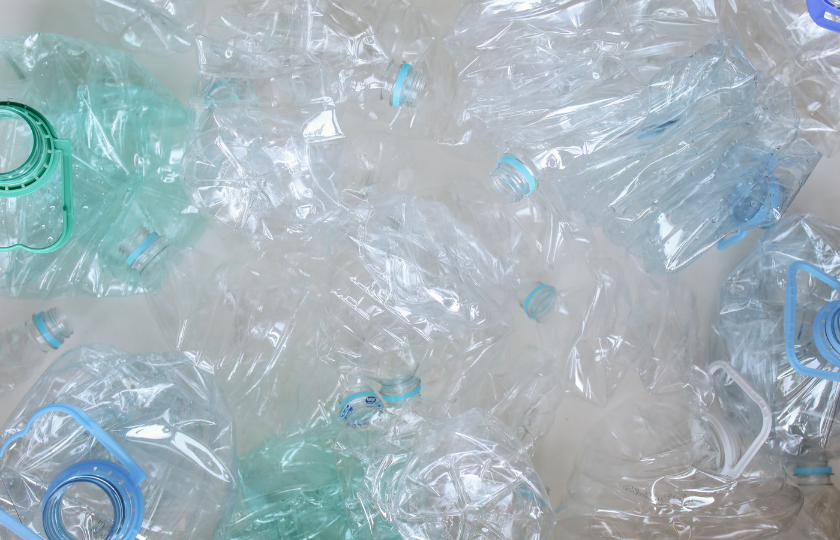Luxury label Tom Ford together with non-profit organisation Lonely Whale has revealed the eight finalists for their Plastic Innovation Prize contest.
The competition aims to challenge innovators, startups, and companies to develop “scalable and biologically degradable alternatives” to an estimated 180 billion thin-film plastic polybags used by the industry to transport products worldwide each year.
The competition released a four-minute documentary discussing the severity of the plastic pollution problem in the seas, with the contest’s panel of judges, including actors Trudie Styler and Don Cheadle, and filmmaker Susan Rockefeller voiceovers that explain the entrants’ different solutions to plastic waste.
Selected from 64 applicants on six continents, the finalists presented the panel of judges with a working prototype to replace the polybags that the industry is dependent on.
The finalists include:
- Kelpi – a UK-based biotech company that harnesses seaweed to create marine-safe bioplastic.
- Genecis – a Canadian biotechnology company that reprograms bacteria to produce “premium” materials from organic waste.
- Sway – an American company that produces seaweed-based, home-compostable replacements for thin-film plastic.
- Lwanda Biotech – a Kenya-based company that tackles community-level plastic pollution.
- Notpla – a London-based biotech company that developed natural-membraned packaging.
- Marea – a start-up in Iceland that turns algae into a biodegradable thin film.
- Xampla – a project of the University of Cambridge that produces bio-plastic from common plant sources.
- Zerocircle – an Indian label that creates ocean-safe packaging materials from seaweed.
“We’re trying to set a new standard,” says Dr Dune Ives, CEO at Lonely Whale, the non-profit that Ford partnered with for the prize.
Products will be tested in waters in the Caribbean and the Pacific Northwest and labs at the New Materials Institute at the University of Georgia. While the Seattle Aquarium will lead lab testing to model what would happen if a grey whale ingested the material, and this has never been done before, explained Ives.
“What we accomplish together through this competition will catalyse global change across continents, countries and industries, urgently needed to address plastic pollution,” said Ford.
“If the ocean is polluted and in danger, then so is the planet, and so are we. The impact these brilliant minds and their creations will have on our planet is monumental, bringing us their innovative solutions to making the environment a safer place for generations to come.”
The next step in the competition is a year-long testing phase, sponsored by Nike, to ensure their products are biologically degradable, scalable, cost-competitive, meet industry standards, and are market-ready by 2025.
Stella McCartney, Tom Ford International, Tom Ford Beauty, J. Crew, Veronica Beard, Florence Marine X, Rhone, Vuori, Noah New York, Version Tomorrow, Le Club, Princess Polly, MillerKnoll, HP, GoSili, Imperial Dade, and ROQ.US are among the companies that have agreed to test the materials in their packaging and supply chains.



